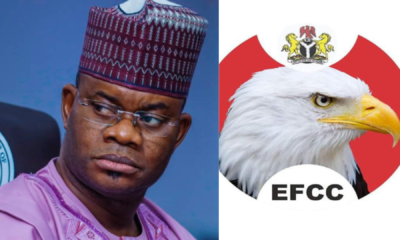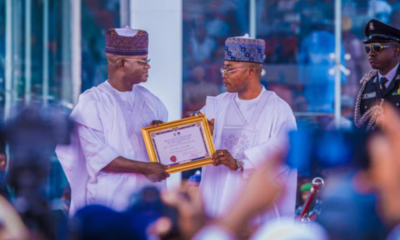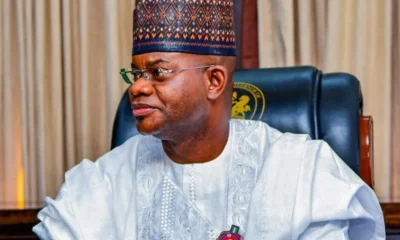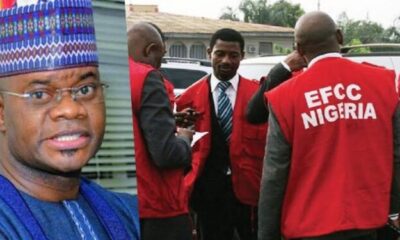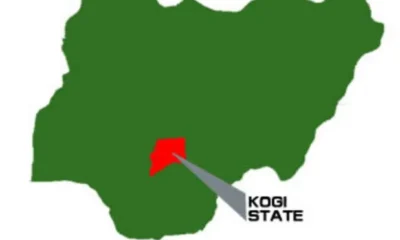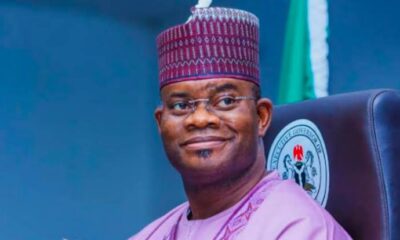NEWS
“Yahaya Bello did his Best for Kogi” — Sam Omale
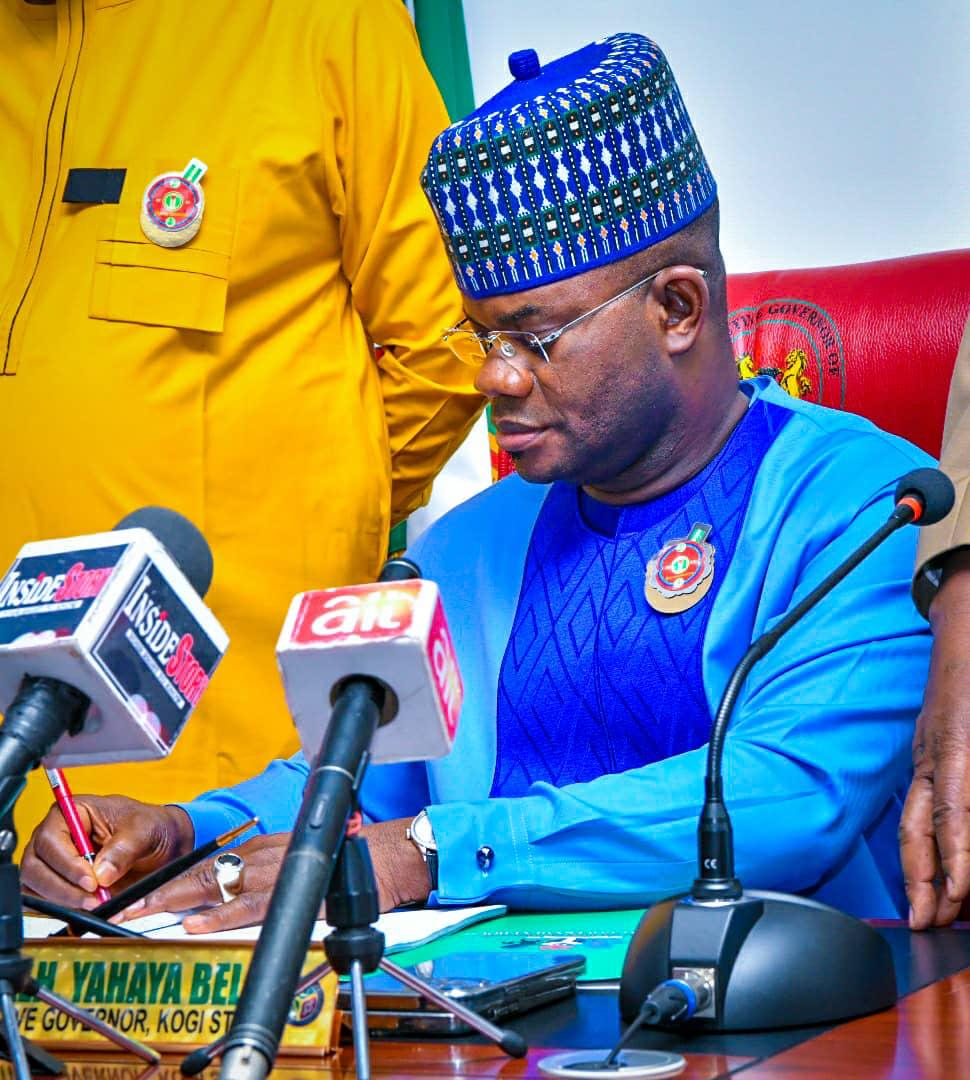
In an exclusive interview with DAILY POST, Sam Omale, the gubernatorial candidate of the Young Progressive Party (YPP) in Kogi State, has spoken about his aspirations and the upcoming November 11 election and his opinion on current Governor, Yahaya Bello.
Sam Omale expressed confidence in his chances of victory, emphasizing the need for a departure from money politics and a focus on leadership that can address the pressing issues facing the state.
When asked about his motivation to become the leader of Kogi State, Omale stressed the centrality of politics in determining the course of everything.
“Look through this candidate, ask them hard questions. Vote from your heart and what you intend to achieve. Do you want to continue in your slavery, fear, or intimidation?
“Governors are servants. They were applicants that applied for jobs. You gave them the job and you are going to hold them accountable.”
He stated that regardless of one’s passion, zeal, or skills, without political power, it is impossible to implement positive changes.
Omale believes that he possesses the capacity and skills to harness the state’s abundant natural resources and transform them into a source of economic prosperity for the people.
Regarding his prospects in the upcoming election, Omale pointed out the prevailing frustration, hunger, and suffering among the people of Kogi State.
He argued that party affiliations have failed to address the state’s problems over the past 32 years, and what the citizens truly seek is capable leadership with actionable policies to improve their lives.
Commenting on the issue of money politics, Omale criticized the practice, asserting that it only perpetuates a cycle of dependency and does not translate into genuine development.
He urged voters to reject monetary inducements, emphasizing that the money given by politicians is often derived from taxpayers and, therefore, not genuinely earned.
He encouraged Kogi residents to endure temporary hardships and prioritize their long-term well-being over short-term financial gain.
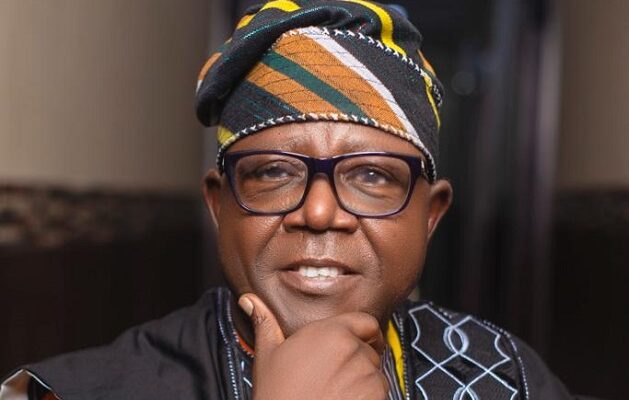
“The money does not go to the grassroots or people who are voting. If you give money out, you are selling your future. I came in purely to change the narrative.
“This money they are giving you is stolen money. It is not their money. They didn’t work for it. It is taxpayers’ money.”
Addressing reports of endorsements from his senatorial district, Omale dismissed the notion, claiming that many endorsements were procured and based on financial incentives. He cautioned against relying on such endorsements as indicators of genuine support.
Omale distanced himself from ethnic or regional politics, stating that he aims to be the governor for all Kogi residents, regardless of their ethnic backgrounds.
“No. I will be belittling myself if I come in as an ethnic leader. I want to be the Governor of Kogites. There are no Igala, Okun, or Ebira Kogites, we are all Kogites. If I come in, they are my people.”
Sam Omale stressed the need to move away from divisive politics based on ethnicity and religion, labeling such tendencies as characteristic of a third-world mentality.
In his closing message to the people of Kogi State, Omale urged voters to critically assess the candidates, ask tough questions, and vote based on their aspirations for a better future.
He emphasized that accountability should be demanded from elected officials, who are public servants entrusted with the responsibility of improving the lives of the people.
Omale acknowledged the efforts of the incumbent Governor Yahaya Bello, stating that the next administration should build upon the achievements of the current one.
“Governor Bello has done his best. Anybody that is coming should be talking of what he wants to do for Kogites.
“Every government builds on something. He has done what he wants to do.”
He expressed confidence in his ability to unearth the state’s untapped resources for the benefit of all Kogi residents, emphasizing that the state’s challenges are not the fault of a single government but a collective result of 32 years of directionless governance.

